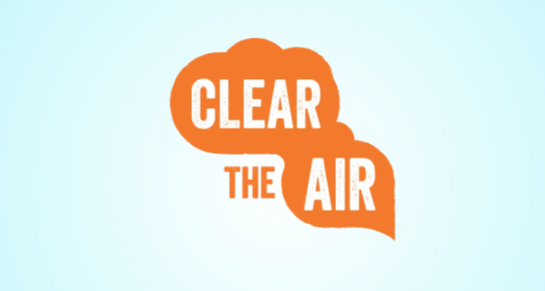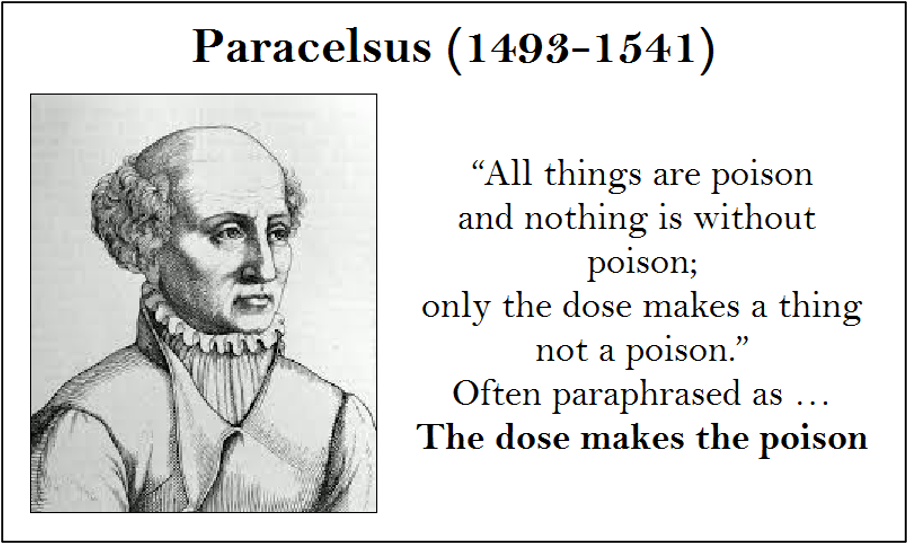
The Clear the Air campaign: inaccurate and irresponsible fear-mongering
Posted on October 27, 2023 By Colin
THE WEST AUSTRALIAN GOVERNMENT and Cancer Council WA recently launched the Clear the Air campaign to educate young people about the potential dangers of vaping. In theory this is commendable. In practice, the campaign is fear-based and riddled with misinformation and may do more harm than good.
While it's essential to educate young people about potential health risks, it's equally important to ensure that the information is accurate and balanced
Lack of Dosage Consideration
The campaign fails to mention the quantities of the chemicals present in vapes, a critical detail when evaluating risk.
The toxicity of a substance depends on its dosage, a principle known as "the dose makes the poison". Chemicals at trace levels or below the threshold of harm are widely present in the environment and are of no concern. For example, formaldehyde is present in low doses in the air we breathe and causes no harm.

Misleading Associations
Drawing a direct link between chemicals in vapes and their presence in toxic substances (such as rat poison, weed killer) falsely implies that the chemical is the cause of the toxicity in the latter. This is not necessarily true. For instance, just because 2-chlorophenol is present in "bug-spray" doesn't mean it's the primary toxin responsible for killing bugs. In fact, 2-chlorophenol is commonly found in drinking water. Such associations are inappropriate and misleading.

Fear as a Primary Tool
While fear can be a powerful motivator, it should be used responsibly. Campaigns that rely heavily on fear without providing clear, accurate information can lead to unintended consequences, such as increased anxiety and distrust in the audience.

Misinformation
Some campaign statements are clearly untrue
- The Health Minister states, "People who vape are three times more likely to take up smoking”. This is technically true but misleading. It implies that vaping causes young people to take up smoking, when the opposite is true. Vaping is actually diverting young people away from smoking overall.
- The Minister incorrectly claims nicotine is a dangerous poison. The truth is that "Although nicotine is addictive, it is relatively harmless to health" in the doses used in vaping (UK National Health Service).
- Other claims such as “Vaping can even lead to serious medical emergencies”, that nicotine causes seizures (with normal use) and that chemicals in vapes “can permanently damage your lungs” are false and are not evidence-based.

Omission of relative risk
The campaign fails to compare the small risks of vaping to those of deadly smoking. Demonising vaping without considering the far greater harms of smoking may lead young people to smoke instead.
Harm to adult smokers
Misinformation may discourage adult smokers from switching to vaping as an aid to quitting smoking. Vaping is the most effective quitting aid available and can be lifesaving for adult smokers who are otherwise unable to quit.
Loss of Trust
Over time, presenting skewed, exaggerated or false information can erode the trust of young audiences. This can result in them disregarding other essential messages from the same authorities.
Conclusion
Educating the youth about health risks is good public health practice. However, it's equally important that this education is based on accurate, balanced, and well-researched information. Misleading campaigns can do more harm than good, causing confusion, anxiety, and distrust.